Explore the career and job opportunities available to B.Sc. Cardiovascular Technology graduates, where you can make a significant impact on heart health and patient care as a cardiovascular technologist.
Bachelor of Science (B.Sc.) Cardiovascular Technology Course Career & Job Opportunities
In the ever-evolving landscape of healthcare, precision and specialization are becoming paramount. One such specialized field that plays a crucial role in diagnosing and treating cardiovascular diseases is Cardiovascular Technology. Pursuing a
Bachelor of Science (B.Sc.) in Cardiovascular Technology not only provides a comprehensive understanding of the cardiovascular system but also opens doors to a myriad of career opportunities in the healthcare sector. the
B.Sc. in Cardiovascular Technology is a dynamic and specialized program designed to equip students with the knowledge and skills necessary to work in the cardiovascular care sector. The curriculum typically covers a broad spectrum of topics, including anatomy and physiology of the cardiovascular system, medical imaging techniques, diagnostic procedures, and the latest advancements in cardiovascular technology.
Career Opportunities: for B.Sc. in Cardiovascular Technology
-
Cardiac Sonographer:
- Cardiac sonographers play a crucial role in diagnosing heart conditions using ultrasound technology. They create images of the heart and blood vessels, aiding cardiologists in making accurate diagnoses. B.Sc. graduates in Cardiovascular Technology are well-prepared for this role, with a deep understanding of the cardiovascular system and hands-on experience in utilizing imaging equipment.
-
Cardiovascular Technologist:
- As cardiovascular technologists, graduates can work in various specialties such as invasive cardiology, non-invasive cardiology, and vascular technology. They assist physicians during diagnostic and interventional procedures, ensuring the proper functioning of equipment and monitoring patients' vital signs. This role is instrumental in providing crucial information for cardiologists to formulate effective treatment plans.
-
Electrophysiology Technologist:
- Specializing in the electrical activities of the heart, electrophysiology technologists assist cardiologists in diagnosing and treating cardiac arrhythmias. They operate specialized equipment during electrophysiology studies and help implant and manage cardiac devices like pacemakers and defibrillators.
-
Cardiovascular Researcher:
- B.Sc. graduates in Cardiovascular Technology can delve into the field of research, contributing to advancements in cardiovascular medicine. This may involve conducting clinical trials, analyzing data, and collaborating with healthcare professionals to enhance our understanding of cardiovascular diseases and their treatment options.
-
Healthcare Administration:
- With a solid foundation in cardiovascular technology and an understanding of healthcare systems, graduates can explore roles in healthcare administration. They may work in supervisory or managerial positions, overseeing cardiovascular departments, ensuring quality patient care, and implementing efficient operational processes.
Job Opportunities for B.Sc. in Cardiovascular Technology
The field of cardiovascular technology is experiencing rapid growth, driven by an aging population and advancements in medical technology. As cardiovascular diseases continue to be a leading cause of mortality globally, there is an increasing demand for skilled professionals in this sector. B.Sc. graduates in Cardiovascular Technology find themselves at the forefront of this demand, making their skills highly sought after in the job market.
The Rewards of Pursuing a Career in Cardiovascular Technology:
-
Job Stability:
- The demand for cardiovascular technologists is expected to remain strong, providing graduates with a stable and secure career path.
-
Competitive Salaries:
- Due to the specialized nature of their skills, cardiovascular technologists often command competitive salaries within the healthcare industry.
-
Opportunities for Advancement:
- With experience, professionals in cardiovascular technology can advance to supervisory or managerial roles, taking on greater responsibilities and contributing to the development of cardiovascular care programs.
 3 Years
3 Years
 Under Graduate
Under Graduate
 Science
Science
 Full Time
Full Time
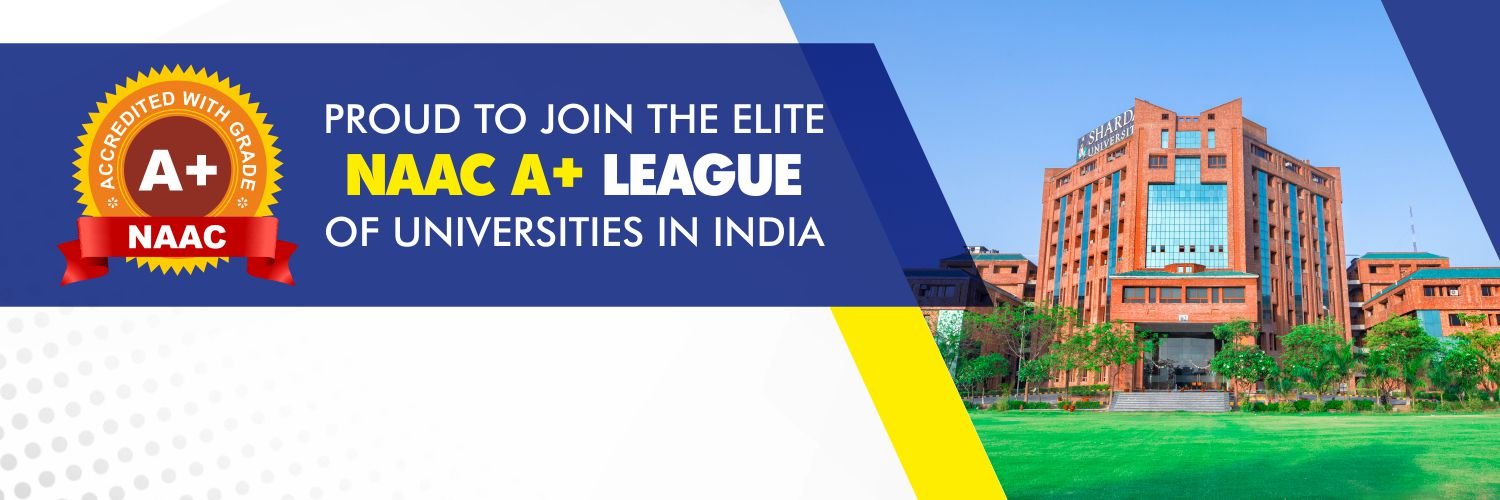

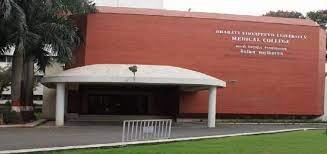
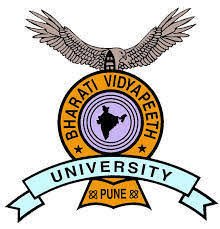
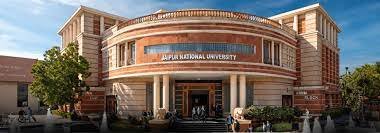
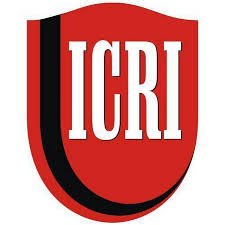
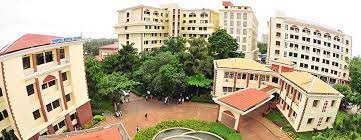
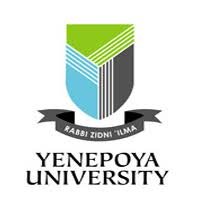
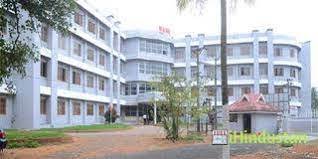
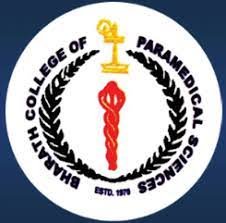
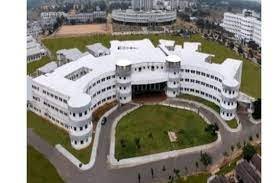
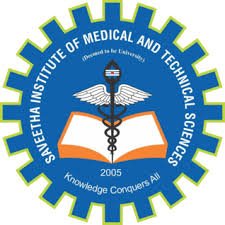
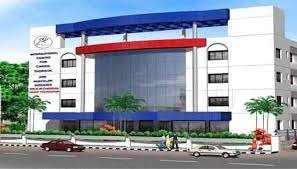

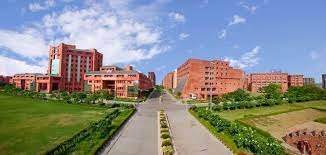

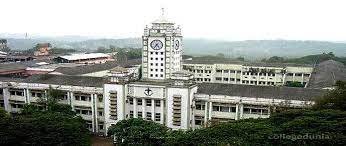
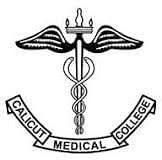

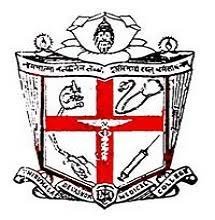

 back
back

